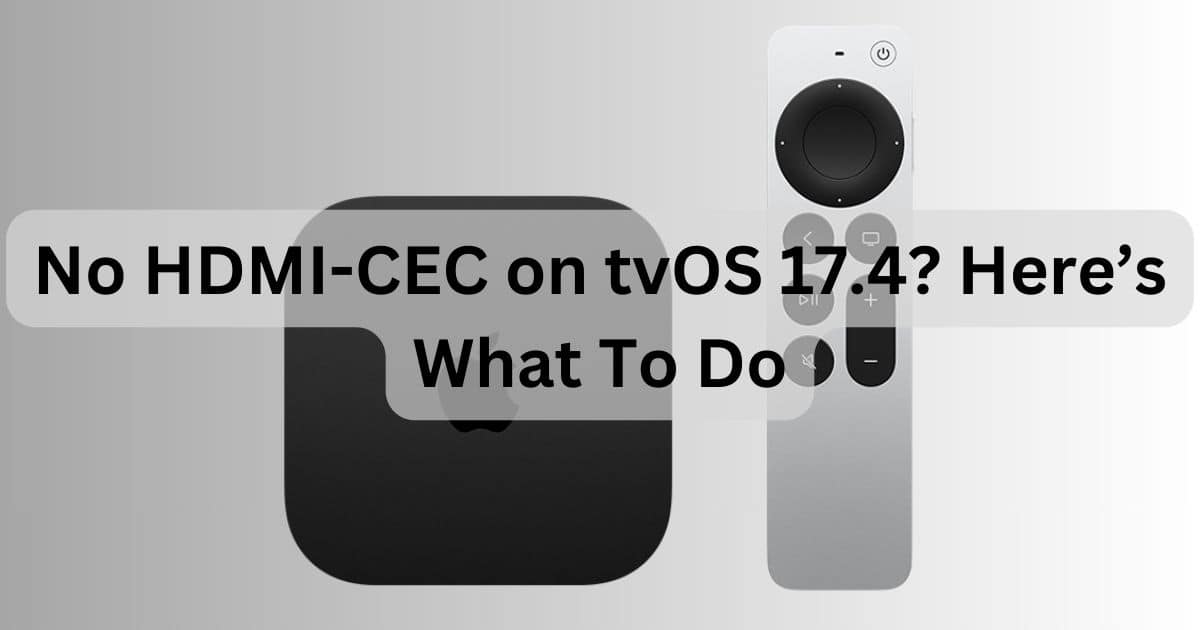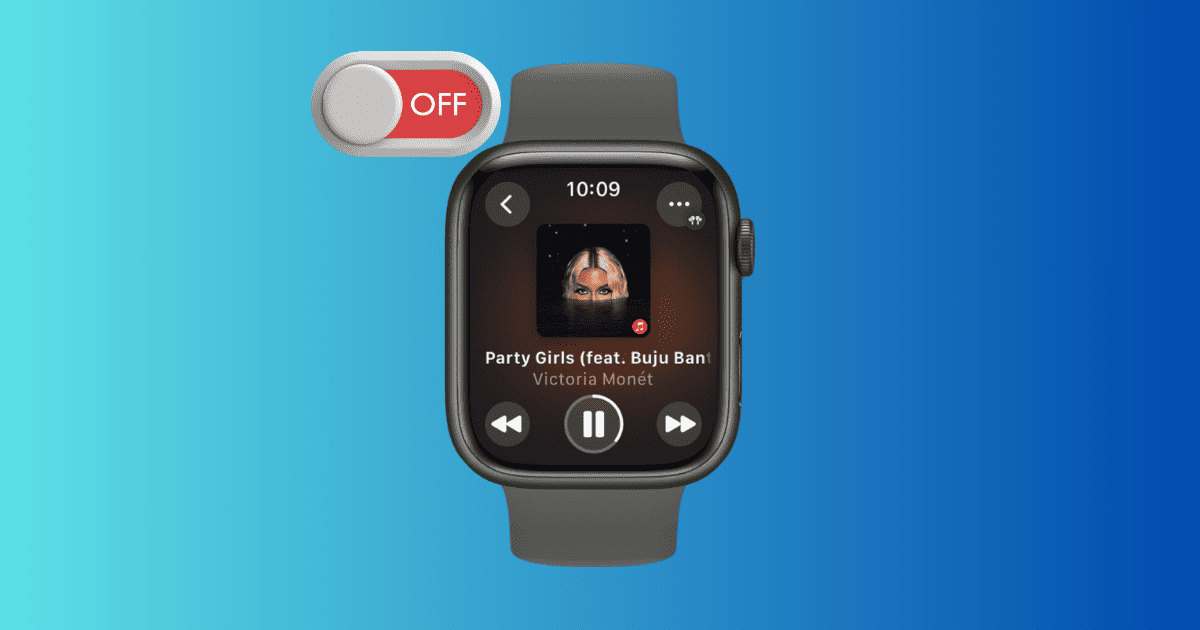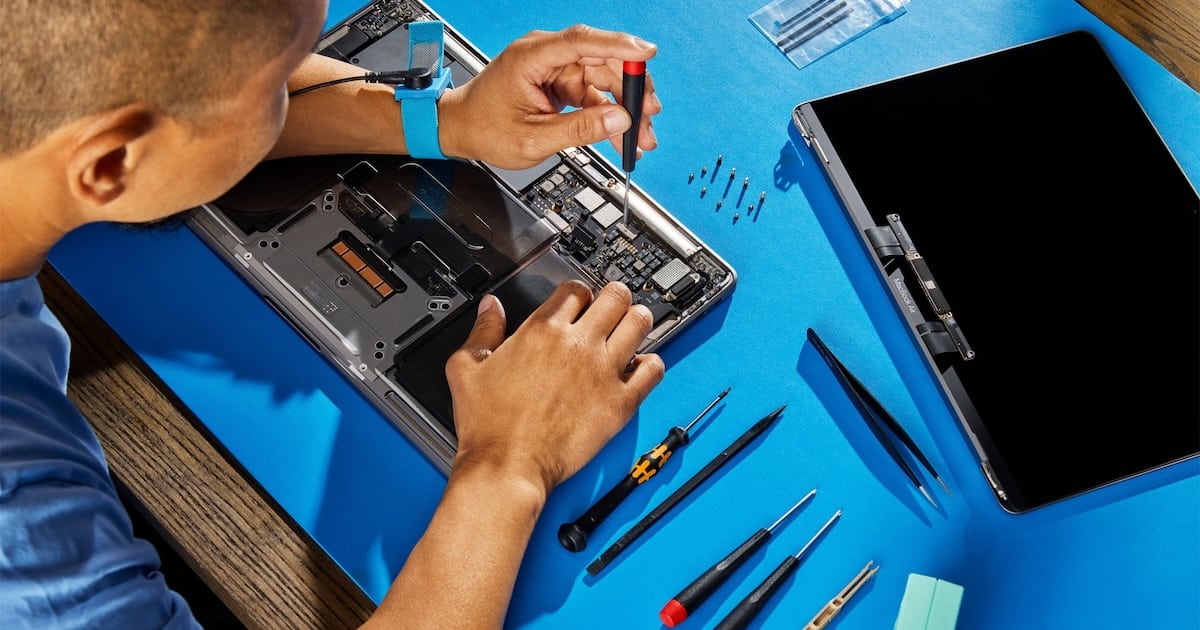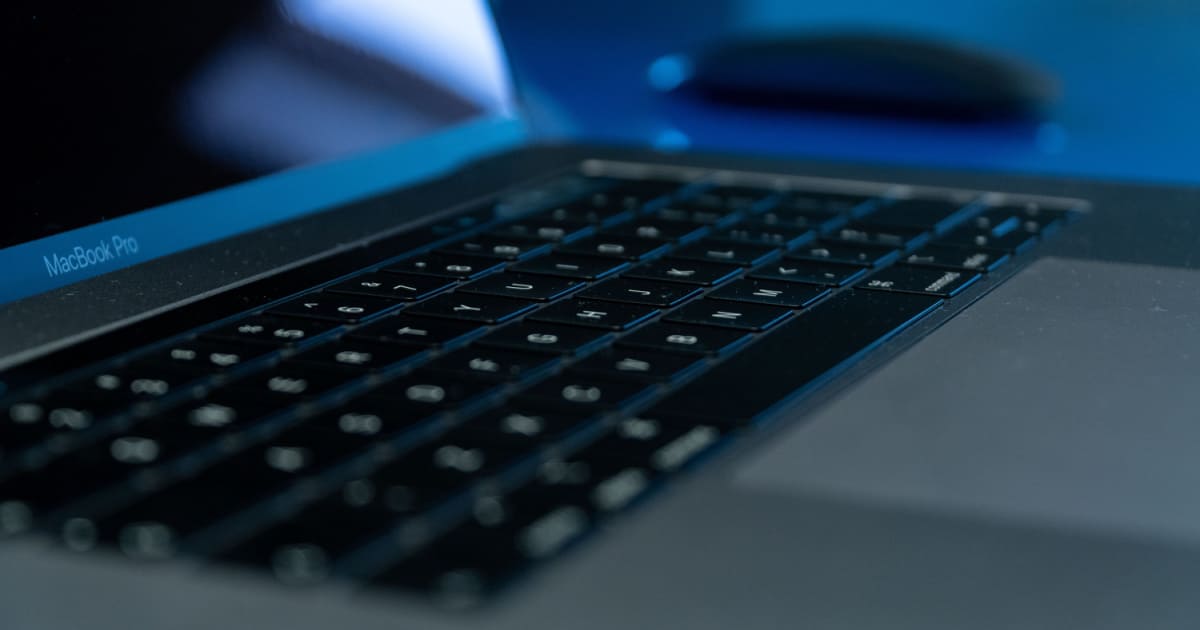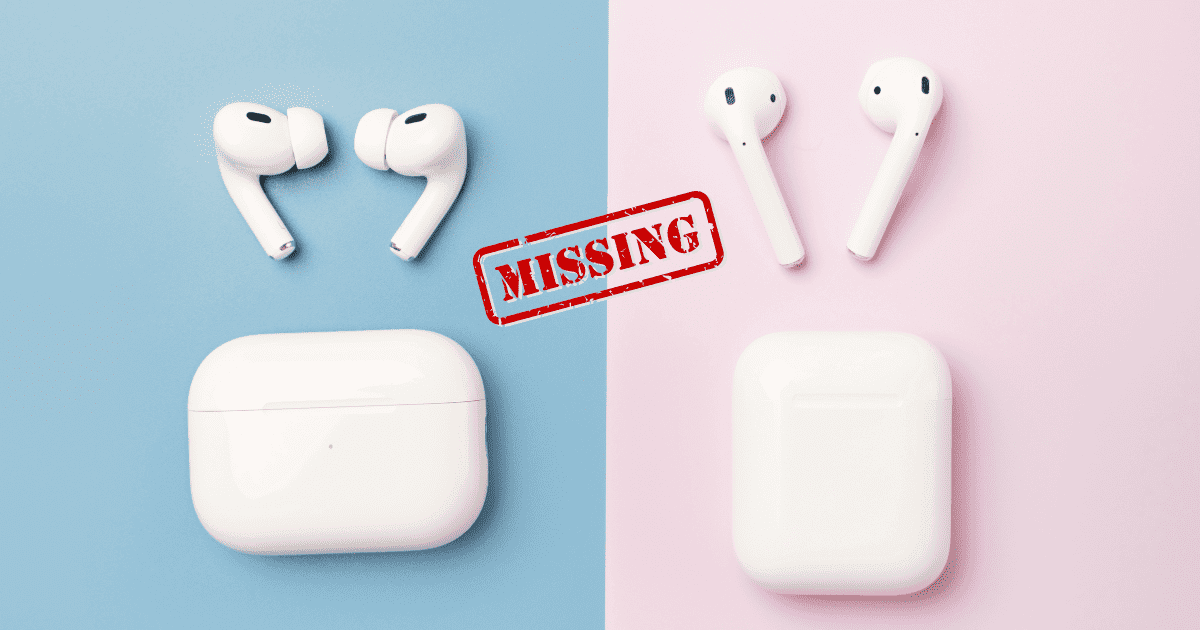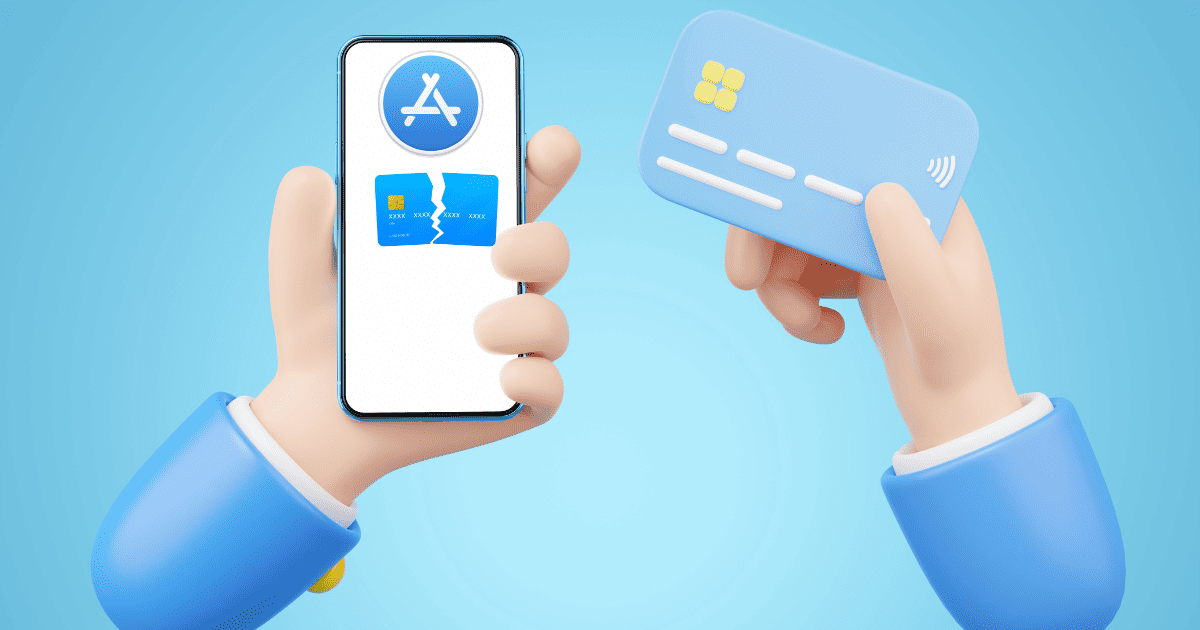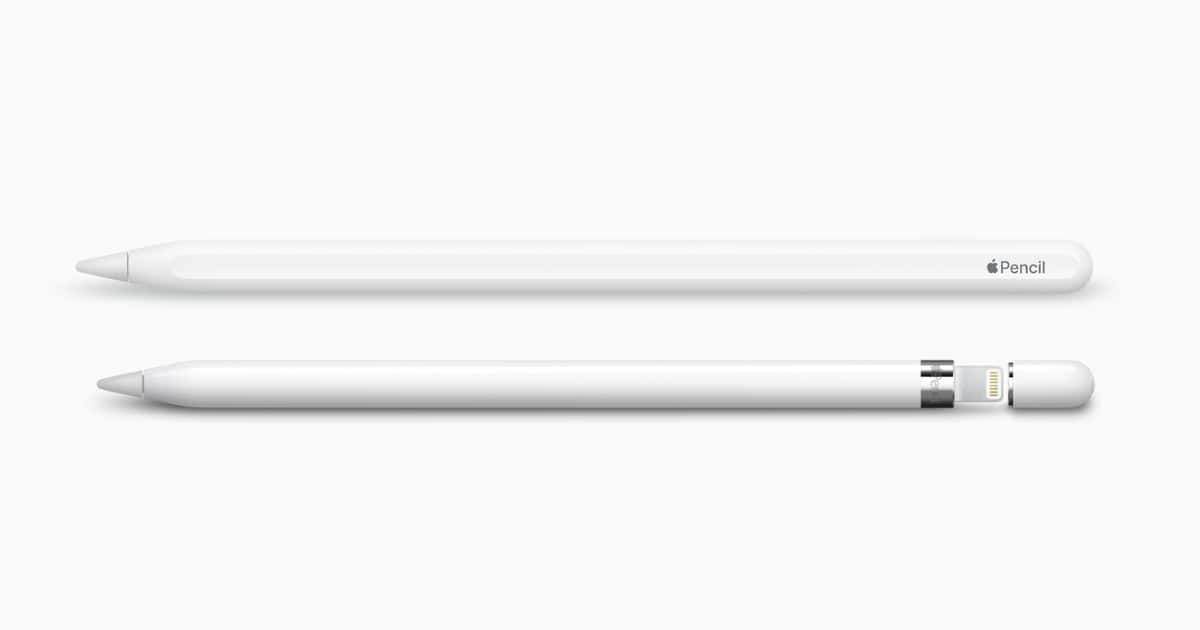While all the attention was on Facebook in Washington, down the road the FTC looked into improving the Right to Repair. Wired looked at what went on at the workshop it ran.
The FTC-hosted panel, called “Nixing the Fix,” raised the question of whether consumers should be able to fix their gadgets themselves or bring them to a non-approved repair shop without incurring a penalty. Customers who choose to repair their tech purchases often risk voiding their warranty by doing so. The panel included both proponents of the Right to Repair movement—who say tech manufacturers are putting unnecessary restrictions on gadget repairs in order to perpetuate their market dominance—and those who believe there should be guardrails around personal electronics repairs, whether for safety or cybersecurity-related reasons.
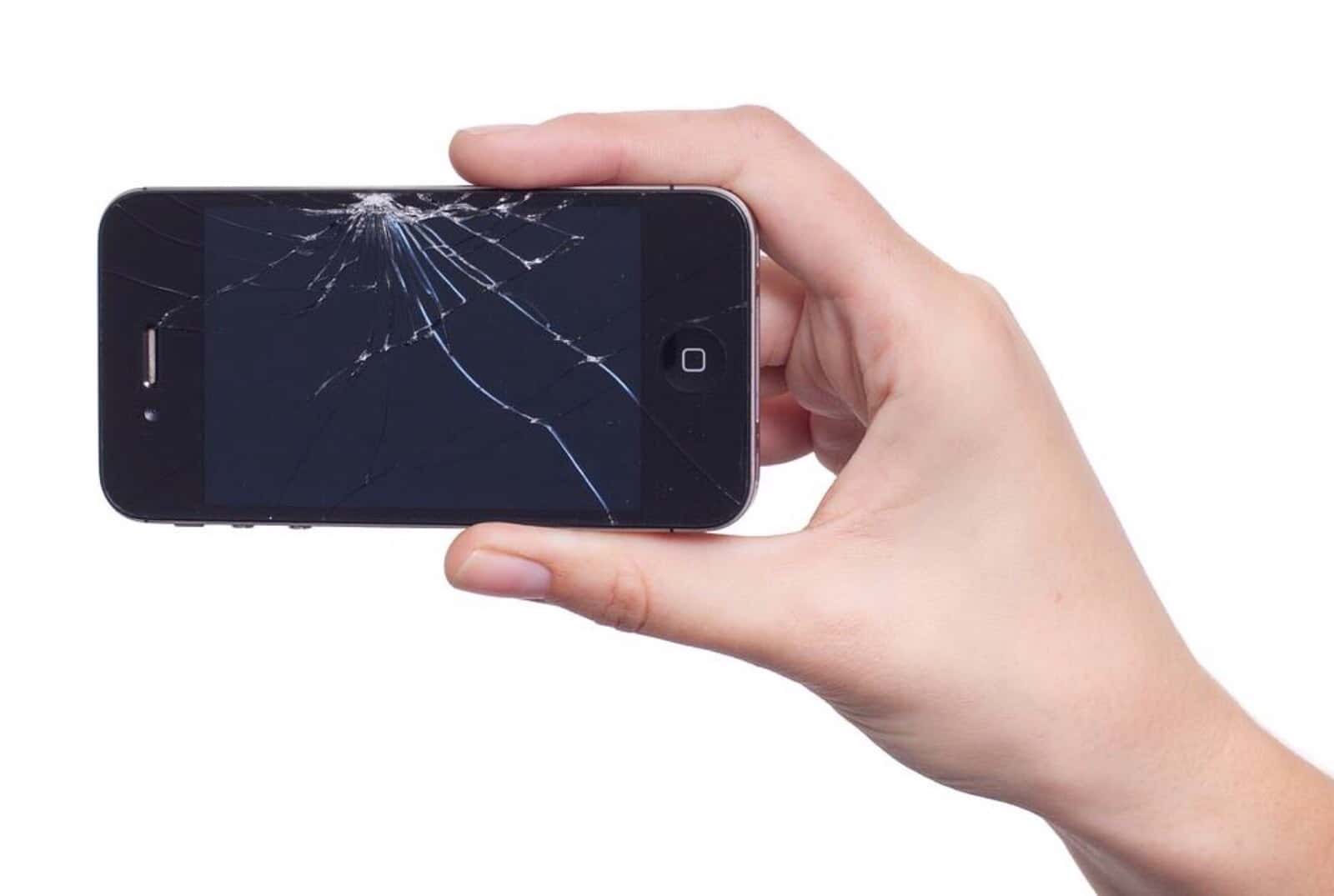

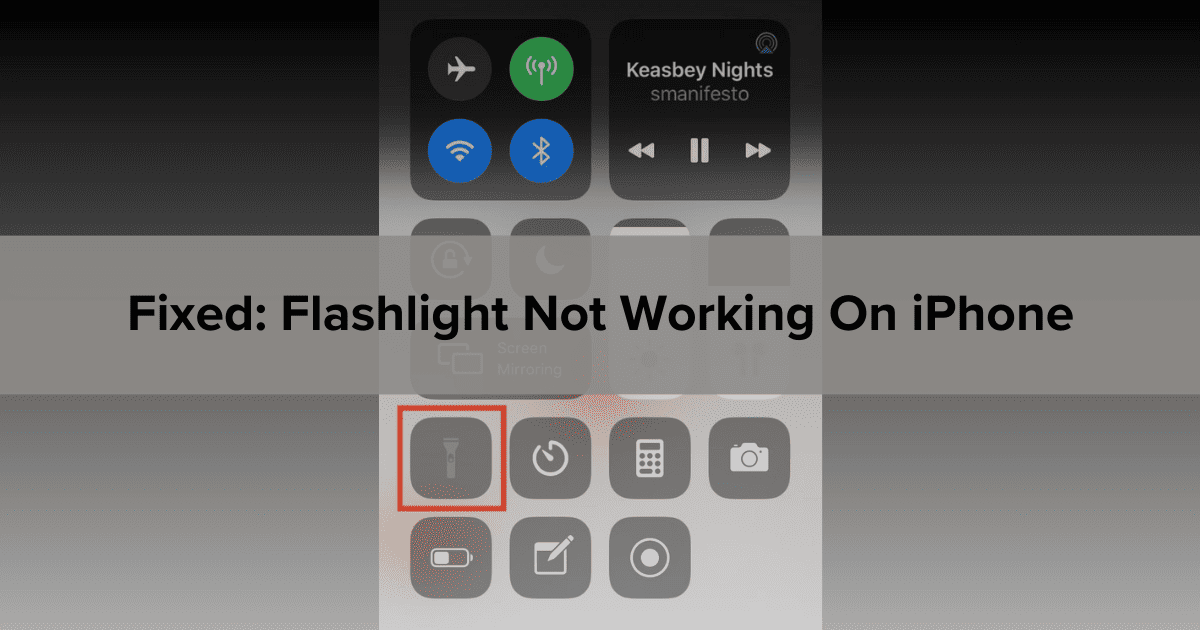
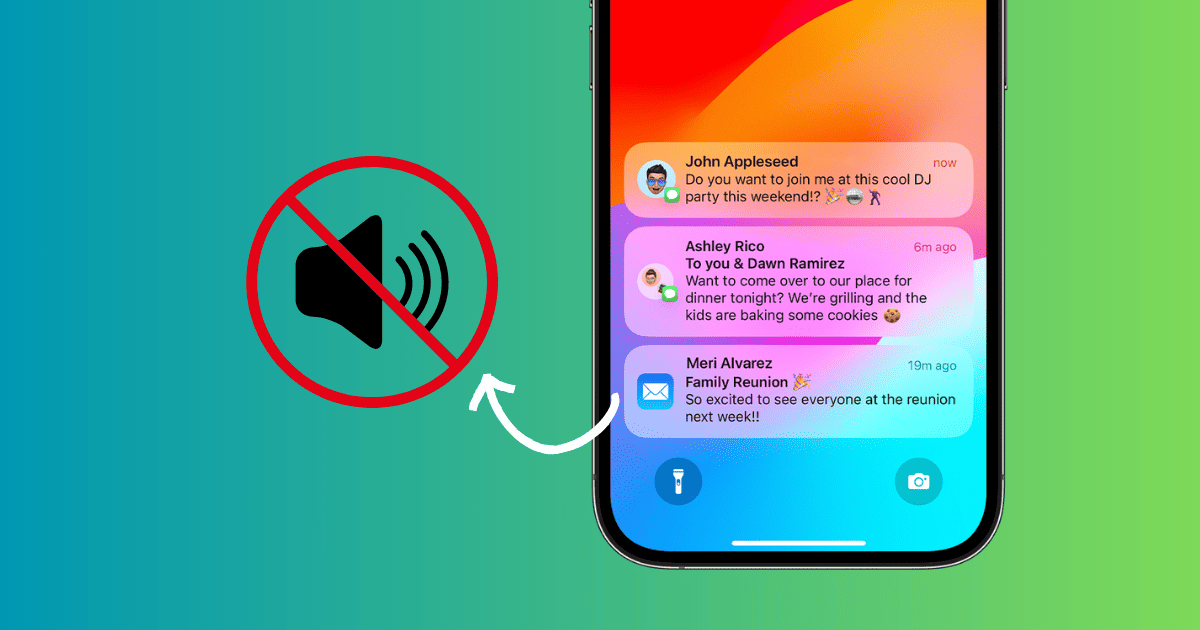
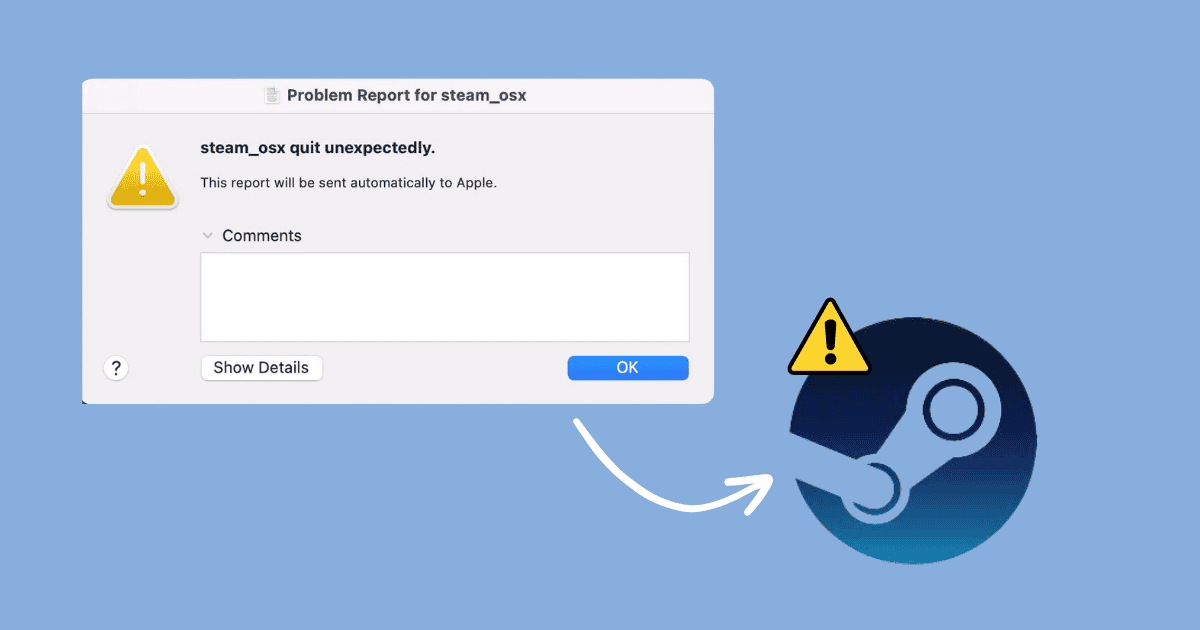
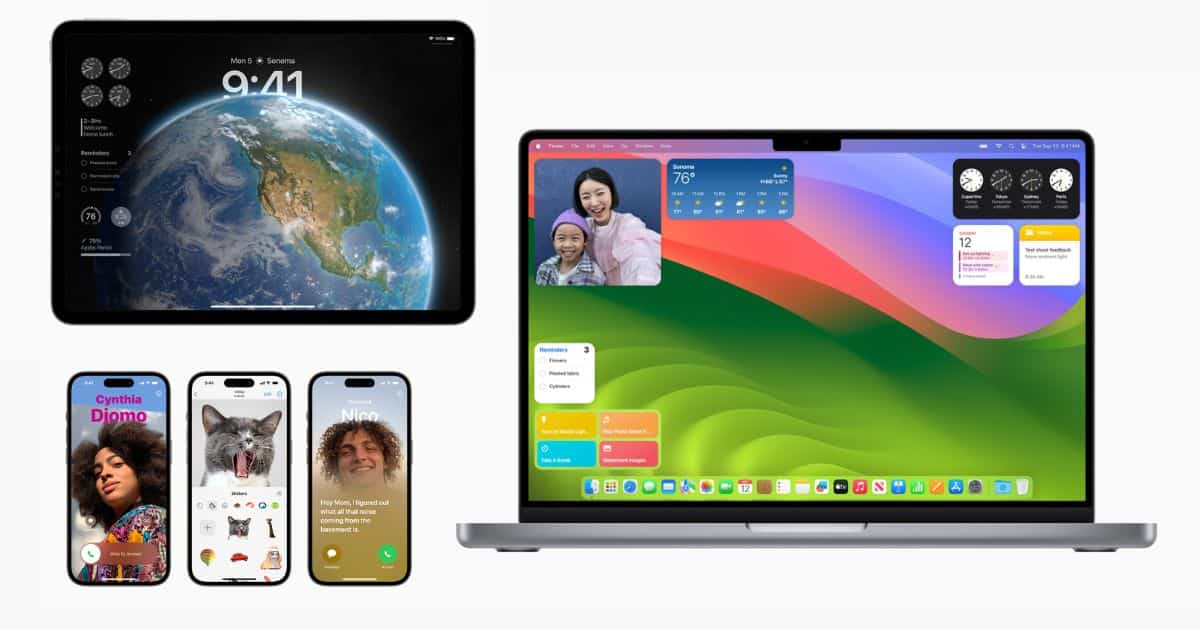
![[Fix] iPhone 15 Pro Max Wi-Fi and Cellular Data Not Working](https://www.macobserver.com/wp-content/uploads/2024/05/How-To-Fix-Wi-Fi-and-Cellular-Data-Not-Working-on-iPhone-15-Pro-Max.jpg)
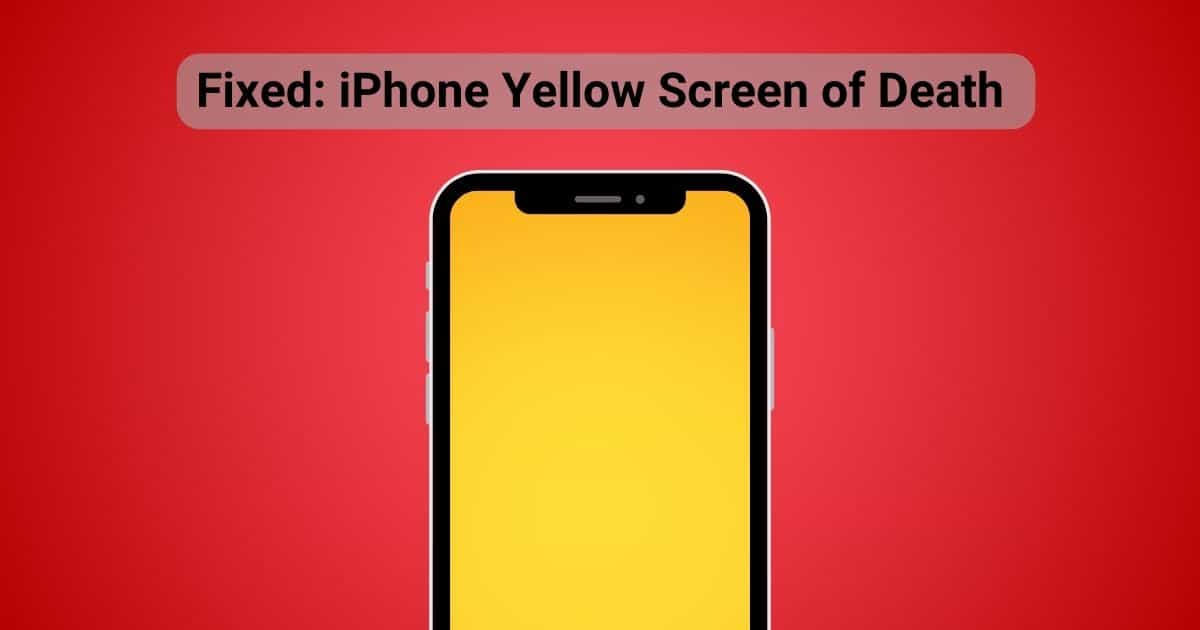
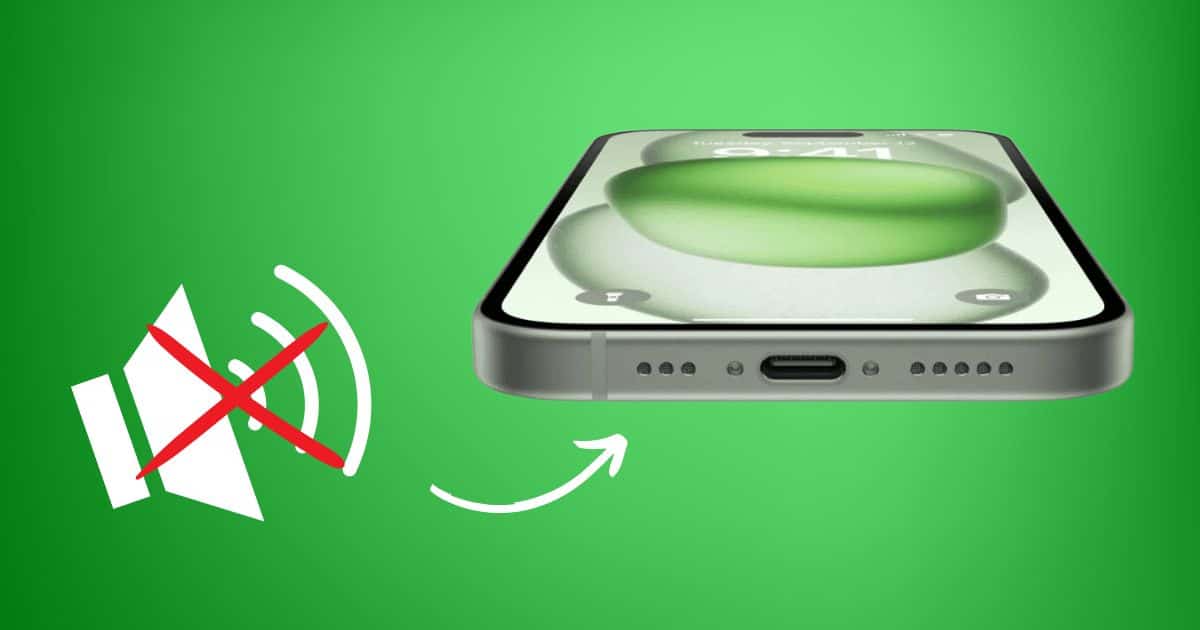
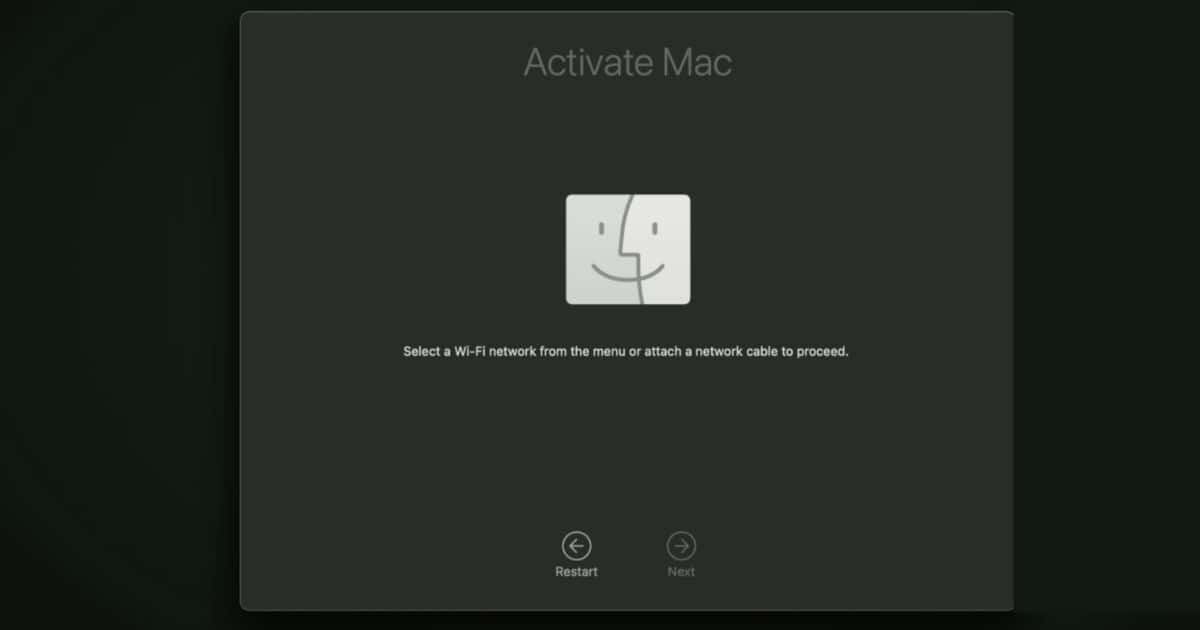

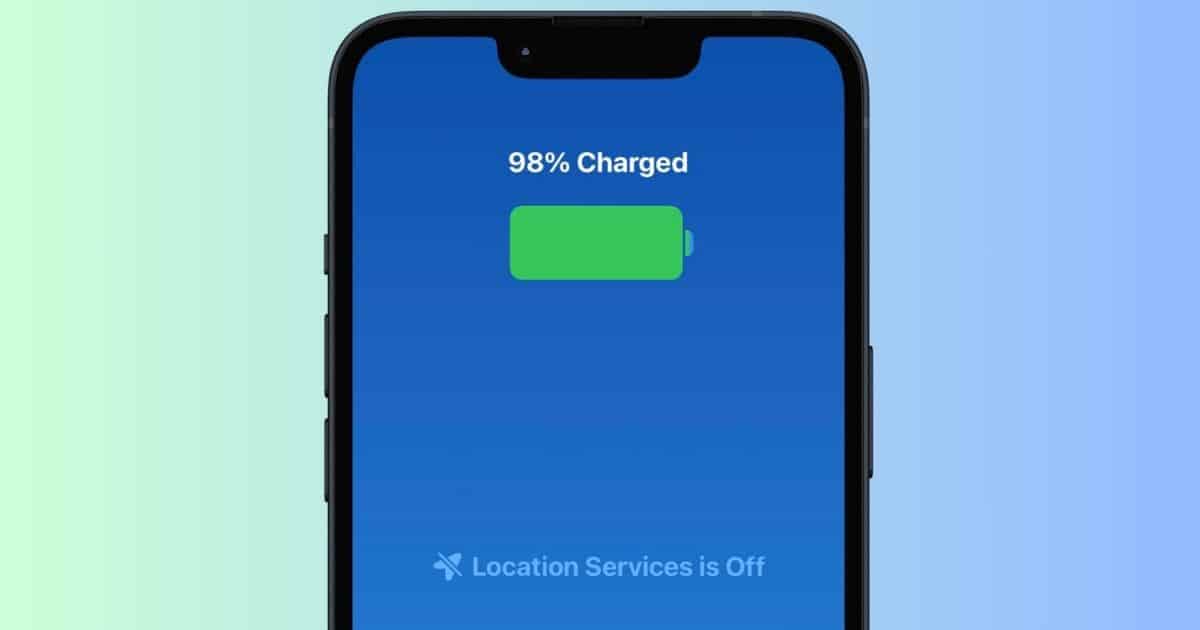
![How to Safely Erase Your Mac’s SSD [2024]](https://www.macobserver.com/wp-content/uploads/2024/04/Securely-Erase-Mac-SSD-April-2024-Featured.png)
